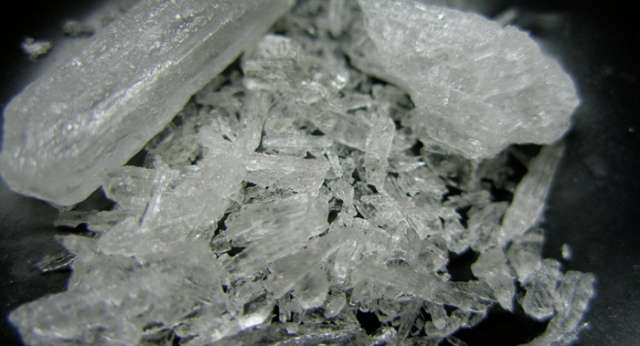“Flakka” has been at the root of several terrifying episodes in the Sunshine State over the past two months. It’s been called “$5 insanity” and it’s made with chemicals from the same class as - and can be even stronger than - the notorious bath salts.
The study team pointed out that that the lifting of all restrictions on spirit sales would not only lead to a decrease in meth lab seizures by about a quarter in Kentucky alone, but could also prevent many alcohol users from getting involved in the drug business.
The findings rest on the theory that that people who purchase liquor illegally in places where it is restricted become familiar with black market networks, through which drugs are also trafficked – that, in turn, makes them more like to try illicit substances such as meth.
"Our results add support to the idea that prohibiting the sale of alcohol flattens the punishment gradient, lowering the relative cost of participating in the market for illegal drugs," the study reads.
"Alcohol prohibition becomes a gateway to other illegal activities," Tyler Cowen wrote in his blog Marginal Revolution.
Findings by the Louisville researchers have been confirmed by other data. For instance, car accidents are more frequent in those Kentucky counties where alcohol is prohibited. The correlation here is simple – presumable, if you can’t buy strong drink in the county you live in, you will drive further afield to get it.
The state of Texas shines as another example: the state saw a 14-percent decrease in drug-related fatal crimes after cancelling its alcohol ban, as many switched from using drugs to drinking alcohol, according to the paper published in the Journal of Law and Economics.
The study suggests that regulations on the sale of alcohol and light drugs — like marijuana — should be made with a kind of less-is-more approach, as too-strict measures can bring about rather unexpected results.
More about:
















































